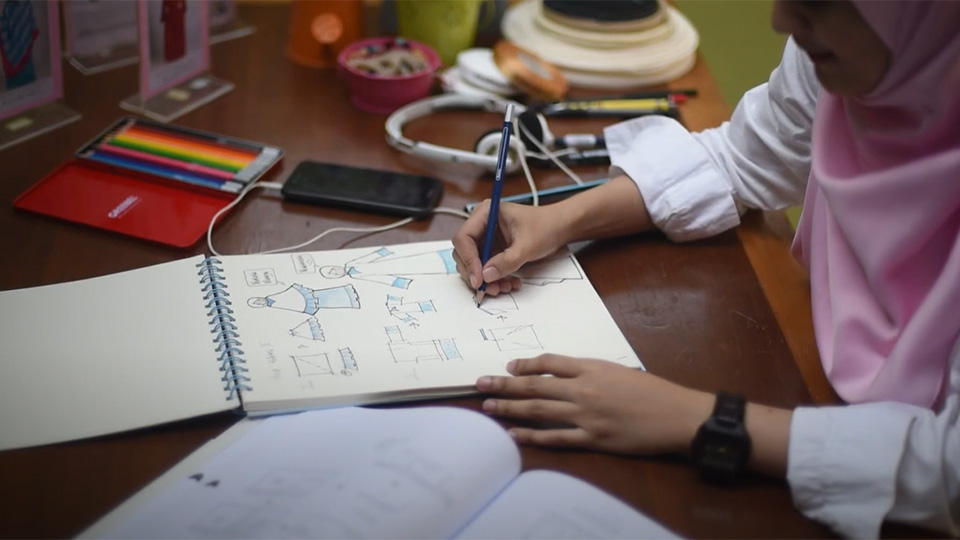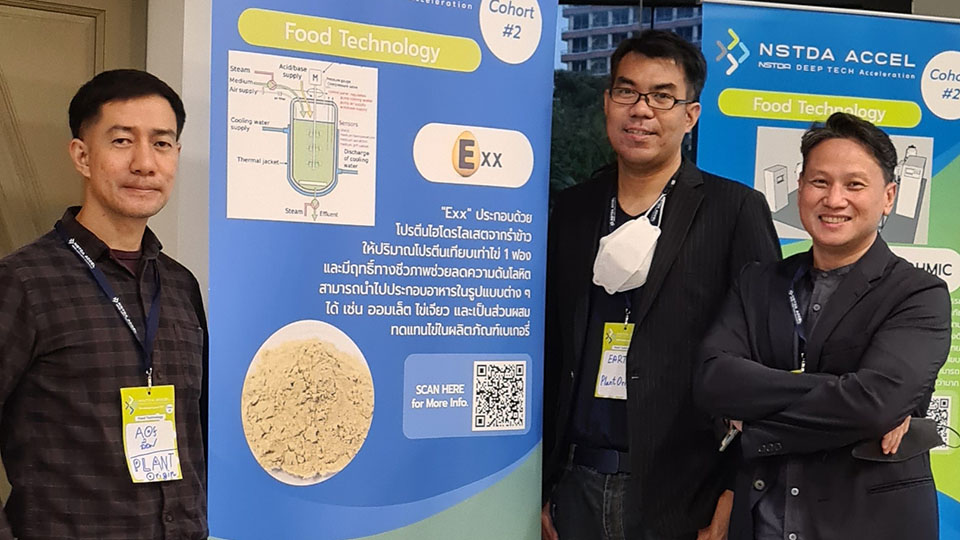Background
Before Adrian McMurray established Surface Processing Limited™ in 1994, stripping paint, removing rust, de-greasing and de-scaling surfaces used to be a laborious and risky undertaking: both blast cleaning and manually cleaning surfaces with wallpaper scraper and blowtorch regularly caused irreversible damage to the surface and its structure. Furthermore, these solutions were limited to cleaning areas that can be directly reached with scraper, blowtorch and blasting nozzle.
Using a multi-stage novel chemical process, Surface Processing Limited™ (SPL™) provides cost-effective and highly reliable cleaning services: paint, rust and underseal removal for car preparation and restoration, and paint stripping, de-greasing, de-rusting and de-scaling for industrial components. This unique process serves an extensive range of industries, providing recovery routes for many components, pressings, assemblies, castings, etc. that require re-work or refurbishments – finished products that would otherwise have been scrap are quickly and easily stripped back to bare metal and any corrosion is removed.
explains the car paint removal process
Trade Secrets
Mr. McMurray’s chemical cleaning technology was almost entirely developed in-house and is able to remove paint, rust, grease, sealants, silicon, scale, etc. from a variety of substrates including steel, aluminum, brass, and zinc. It consists of several process stages during which the substrate is dipped into different chemical solutions removing heavy organic coatings, organic compounds and eventually corrosion. The processes use waste stream chemicals as stripping agent and therefore have a positive environmental impact.
Surface Processing Limited kept their technology as a trade secret and continued to grow and invest, developing their process to treat other materials like plastic. Keeping their chemical process as a trade secret proved to be an effective method of protecting the company’s intellectual property (IP) until the British market stagnated and McMurray realized that there was a substantial global market to trade in.
As a business model, SPL did not want to start new companies or joint ventures with foreign partners, but negotiate and complete license agreements to use their technology. At this point, the protection of the process through patenting became an imperative, as this was expected, and demanded, by potential licensees. “I had not realized how important patent protection was for our company until we started license negotiation, suddenly we were taken seriously by all concerned”, says McMurray, SPL’s managing director.
Financing

applied for a Community
Trademark (No. 006731426;
CTM-ONLINE)
SPL benefited from the Fillip grants program sponsored by Advantage West Midlands, the Regional Development Agency (RDA) for the West Midlands. The Fillip program offers West Midland small and medium-sized enterprises (SMEs) up to £42,500 of funding to protect and exploit the value of their IP, such as patents, designs and trademarks. The company used the Fillip grant to protect the SPL trademark through a Community Mark, and to patent the process in the United Kingdom, followed by an international patent (PCT) application.
These registrations have, in turn, opened up the possibility of raising further investment for the company by using the IP as collateral. Mr. McMurray is looking to raise capital in order to build a state of the art demonstration plant in the United Kingdom, and use it to attract foreign companies into licensing agreements. "Without the IP investors were not interested, but the patented technology is an incentive to our venture capital community. Our international patent protects our core business, and the Community Trademark our trading position, we are getting very well known within the EU, and expansion into Asia and North America will be all the easier with IP protection", he says.
Patents
As a novice to the complexity of the whole IP protection arena McMurray wanted "clarity and value for money from an attorney who was not only an expert in the technical organic chemistry field but also quick to understand the business imperatives of the company strategy.” “The first attorney we talked to was a pharmaceutical chemist, which was not a perfect match, I struggled with getting over our commercial aims and to understand the patenting process”, McMurray reports – however, “it did not take long to find an attorney trained as an organic chemist who understood our business, the patent drafted was excellent quality, very thorough, and contained the subtleties of our process for all expected (and some unexpected) application areas”.
Licensing
The same quality service continued when licensing the technology to foreign companies, the licence agreements were negotiated with expert knowledge of the technology and included use of trademarks and patents. "I was very impressed with the advice and service provided, also because the IP strategy was matched to our business needs, if we did not need the patent in all EU territories we were advised not to include them, saving us money and time, something better spent by us on improving our processes”, McMurray says.
The first foreign licence was a two stage one, based upon the patent, and defining a territorial grant within a 250 km radius for the licensee in the Czech Republic, extending coverage to Slovenia and South Poland. A further licence is under negotiation with a Polish company. SPL has also received enquiries from Malaysia, Australia and the United States.
Business Results
Today, Surface Processing Limited is the largest sub-contract chemical cleaning facility of its kind in the United Kingdom. Aside from many thousands of components and jigs, it processes over 250 car shells per year for both the motorsport and classic restoration market with the quantity set to increase dramatically. Customers include Aston Martin, BAE systems, BMW, Caterpillar, Dunlop and Johnson Controls. After its successful initial expansion focused on the European Union, SPL now plans to grow further afield.
The Importance of Safeguarding your IP from the Start
SPL remains engaged with IP in all its forms, from monitoring for new process improvements to augment their primary patent to trademark registration in the EU and the attention to fine detail required in license agreements, and will continue to rely on their patent attorneys for advice. This illustrates the importance of considering IP at an early stage: SPL were shrewd enough to know that prior public disclosure negates patent protection, and kept it a trade secret, something which now underpins their global expansion strategy.



